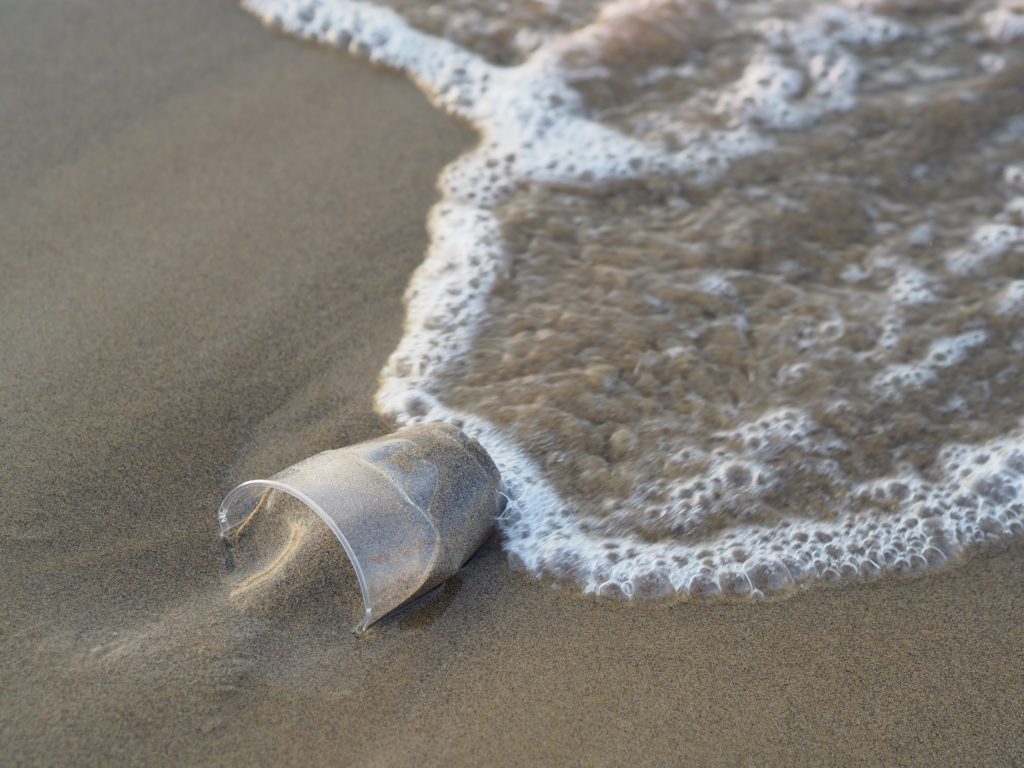


30 May The Problem With Plastic Bags
Plastic bags start out as fossil fuels and end up as deadly waste in landfills and the ocean. Birds often mistake shredded plastic bags for food, filling their stomachs with toxic debris. For hungry sea turtles, it’s nearly impossible to distinguish between jellyfish and floating plastic shopping bags. Fish eat thousands of tons of plastic a year, transferring it up to the food chain to bigger fish and marine mammals.
Despite all of this, plastic bags are in almost every American home because retail giants continue to use them for nearly every purchase made in their stores.



Photo Credit: pixabay.com
10 Facts About Single-use Plastic Bags
- Americans use 100 billion plastic bags a year, which requires 12 million barrels of oil to manufacture.
It only takes about 14 plastic bags for the equivalent of the gas required to drive one mile.
The average American family takes home almost 1,500 plastic shopping bags a year. - According to Waste Management, only 1 percent of plastic bags are returned for recycling. That means that the average family only recycles 15 bags a year; the rest ends up in landfills as litter.
- Up to 80 percent of ocean plastic pollution enters the ocean from land.
- At least 267 different species have been affected by plastic pollution in the ocean.
- 100,000 marine animals are killed by plastic bags annually.
- One in three leatherback sea turtles has been found with plastic in their stomachs.
- Plastic bags are used for an average of 12 minutes.
- It takes 500 (or more) years for a plastic bag to degrade in a landfill. Unfortunately, the bags don’t break down completely but instead photo-degrade, becoming microplastics that absorb toxins and continue to pollute the environment.
Contact us on how to protect seabirds, sea turtles and other marine mammals from deadly plastic pollution.

Sorry, the comment form is closed at this time.